Hey everyone! Artificial intelligence (AI) is rapidly changing how we live, work, and learn. And in education, it’s already making a big splash! From personalized learning experiences to grading papers more efficiently, AI in education has the potential to revolutionize the way students absorb knowledge and develop skills. But like any new technology, it’s important to consider both the benefits and the drawbacks.
Exploring the Potential of AI in Education
AI in education is no longer a futuristic dream. We’re already seeing exciting applications, from AI tutors that adapt to a student’s pace to AI-powered tools that help teachers personalize lessons and manage administrative tasks. This can create truly unique learning opportunities.
Personalized Learning Paths
- AI can analyze a student’s strengths and weaknesses, tailoring educational materials to their individual needs.
- Students can learn at their own pace, focusing on areas where they need extra support.
- This creates a more engaging and effective learning experience for all.
Enhanced Teacher Support
- AI can automate tasks like grading multiple-choice tests, freeing up teachers’ time to focus on individual student needs and interactions.
- AI tools can provide insights into student performance trends and offer suggestions for improvement.
- Teachers can leverage this data to develop more effective and engaging lesson plans.
AI in Assessment and Feedback
AI is transforming assessment by providing faster and often more comprehensive feedback than traditional methods.
- Automated feedback can help students identify areas needing improvement.
- AI can identify patterns in student responses that humans may miss.
Addressing the Concerns
While AI in education presents many exciting possibilities, it’s essential to acknowledge some potential drawbacks.
Concerns About Equity and Access
Ensuring that all students have equal access to AI-powered tools and resources is crucial to avoid widening existing gaps in education.
Concerns Regarding Bias and Fairness
AI algorithms are trained on data, and if this data reflects existing societal biases, the AI system can perpetuate these biases.
The Future of Learning
AI in education is undeniably changing the landscape of learning, and its influence is only going to grow. The key is to use these powerful tools in a way that benefits all learners. What are your thoughts on AI in education? Leave a comment below and share this article with your friends!
I’m passionate about this topic, and I’d love to hear your thoughts. Are you excited about the possibilities of AI in education? How do you think it will change the learning experience for future generations? Share your predictions and opinions in the comments section!
“`






